Squash Vine Borer - Help
tim_the_gardner
13 years ago
Related Stories
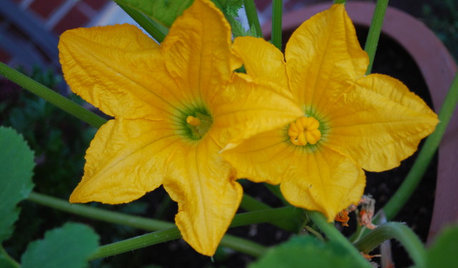
EDIBLE GARDENSSummer Crops: How to Grow Squash
Almost foolproof and with cheerful flowers, squash comes in a wide range of varieties to plant in spring
Full Story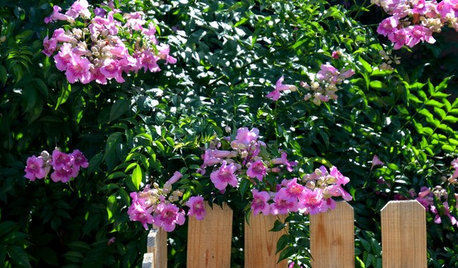
PINK FLOWERSGreat Design Plant: Pink Trumpet Vine Heralds Vibrant Color
Announce your landscape beautification efforts with this flowering vine that perks up hot, dry gardens
Full Story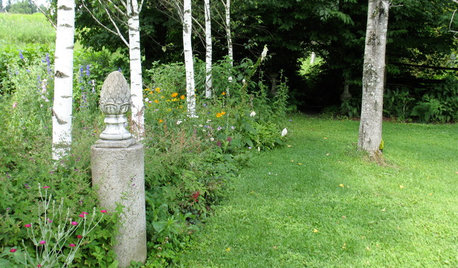
WINTER GARDENINGHow to Help Your Trees Weather a Storm
Seeing trees safely through winter storms means choosing the right species, siting them carefully and paying attention during the tempests
Full Story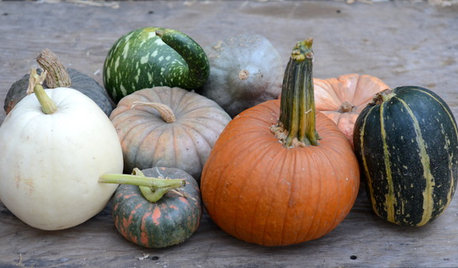
GARDENING GUIDESJoin Us for a Parade of Pumpkins
Fall eye candy: Get to know 9 winter squash varieties, including Long Island Cheese and Blue Hubbard
Full Story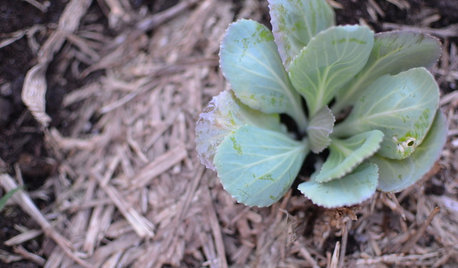
REGIONAL GARDEN GUIDESMid-Atlantic Gardener's September Checklist
Squash, anyone? Cool-season veggies are suiting up for the garden, while summer's last blooms are winding down
Full Story
FARM YOUR YARDAdvice on Canyon Farming From L.A.'s Vegetable Whisperer
See how a screened garden house and raised beds help an edible garden in a Los Angeles canyon thrive
Full Story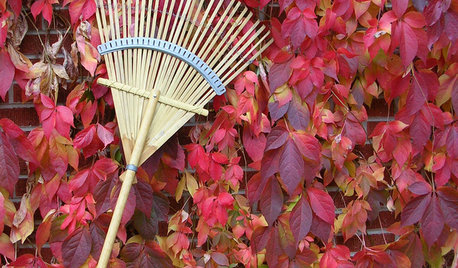
GARDENING GUIDESYour November Garden Checklist
What to do around the U.S. this month to help your garden thrive — when you're not admiring fall's brilliant colors, that is
Full Story
KITCHEN STORAGEPantry Placement: How to Find the Sweet Spot for Food Storage
Maybe it's a walk-in. Maybe it's cabinets flanking the fridge. We help you figure out the best kitchen pantry type and location for you
Full Story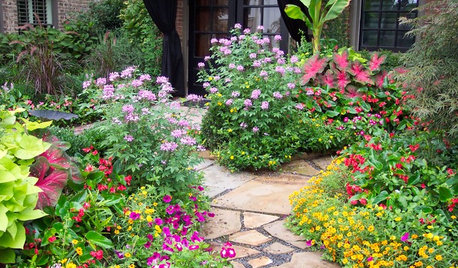
GARDENING GUIDESTexas Gardener: What to Do in June
Don't be discouraged by the dry summer heat — hardy plants, container gardens and smart watering can help landscapes thrive
Full Story0
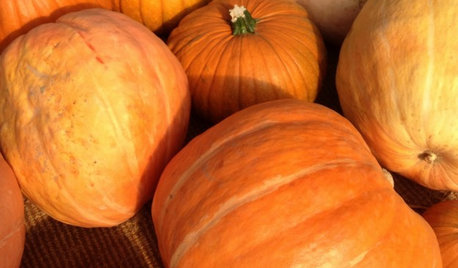
EDIBLE GARDENSSummer Crops: How to Grow Pumpkins
Start in spring to grow your own fall decorations and have plenty left for pies
Full StoryMore Discussions






scarletdaisies
amlinde78
Related Professionals
Norfolk Landscape Architects & Landscape Designers · Wakefield Landscape Contractors · Alpharetta Landscape Contractors · Brooklyn Park Landscape Contractors · Cockeysville Landscape Contractors · Dallas Landscape Contractors · Framingham Landscape Contractors · Huntington Landscape Contractors · Manhattan Landscape Contractors · Norwalk Landscape Contractors · Plantation Landscape Contractors · Rochester Landscape Contractors · Selden Landscape Contractors · Brenham Driveway Installation & Maintenance · Wildomar Driveway Installation & Maintenanceriverfarm
vaherbmom
fmart322
scarletdaisies
shyflowers
CaraRose
daninthedirt (USDA 9a, HZ9, CentTX, Sunset z30, Cfa)